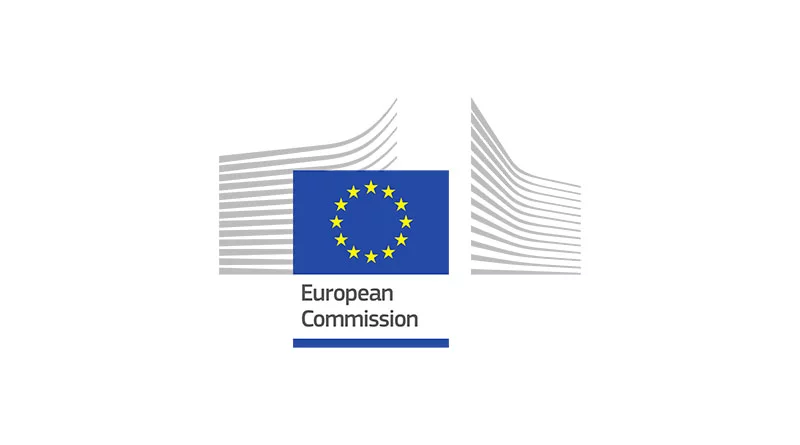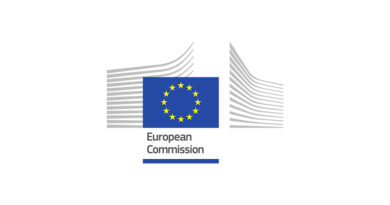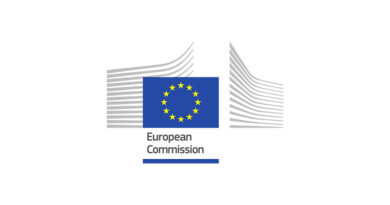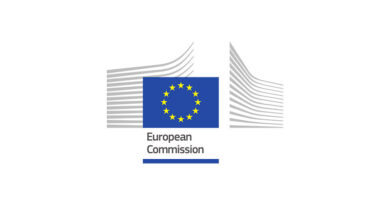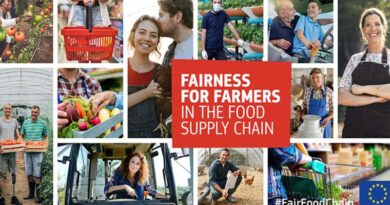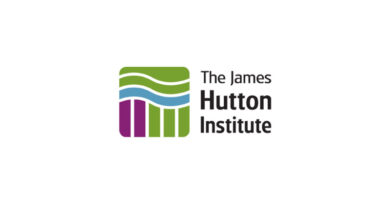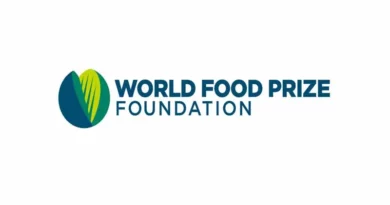Commission proposes to allow EU farmers to derogate for one year from certain agricultural rules
01 February 2024, EU: Today, the European Commission proposes to allow EU farmers to avail of derogations for the year 2024 from Common Agricultural Policy rules obliging them to keep certain areas non-productive. The Commission’s proposal, sent today to Member States who will vote on it in a committee meeting, provides a first concrete policy response to address farmers’ income concerns. It also follows requests outlined by several Member States in Agriculture Council meetings.
To receive the CAP support they are entitled to, farmers must respect an enhanced set of nine standards beneficial to the environment and climate. This principle of conditionality applies to close to 90% of the utilised agricultural area in the EU and plays an important role in mainstreaming sustainable farming practices. This set of basic standards is referred to as GAECs, meaning “good agricultural and environmental conditions”.
The GAEC 8 standard requires, among other things, devoting a minimum share of arable land to non-productive areas or features. The latter typically refers to land lying fallow but also features such as hedges or trees. Farms with fewer than ten hectares of arable land are typically exempted from this obligation. Today, the Commission provides the possibility for all EU farmers to be exempted from this requirement and still be eligible for their CAP basic direct payment.
Instead of keeping the land fallow or unproductive on 4 % of their arable land, EU farmers growing nitrogen fixing crops (such as lentils, peas, or favas) and/or catch crops on 7% of their arable land will be considered as meeting the requirement. Catch crops are plants that grow between two main crops. These crops can serve as fodder for animals, or as green manure. The use of nitrogen-fixing crops and catch crops brings a range of environmental benefits for soil health, including for soil biodiversity and for limiting nutrient leaching. The crops are to be grown without plant protection products to maintain the environmental ambition of the CAP.
The Commission proposal is carefully calibrated to provide the right balance between offering appropriate relief to farmers facing numerous crises on the one hand, and protecting biodiversity and soil quality on the other hand.
The measure will be voted in the coming days by Member States gathered in committee meeting. After that, the Commission will proceed with formal adoption. The Regulation will apply retroactively from 1 January 2024. Member States who wish to apply the derogation at national level need to notify the Commission within 15 days so that farmers can be informed as soon as possible.
European Commission President Ursula von der Leyen said:
“Farmers are the backbone of EU food security and the heart of our rural areas. The Commission’s enduring commitment is delivered through our Common Agricultural Policy budget worth €386.7 billion which helps stabilize European farmer’s income, while rewarding their efforts on climate and sustainability. Today’s measure offers additional flexibility to farmers at a time when they are dealing with multiple challenges. We will continue to engage with our farmers to ensure the CAP strikes the right balance between responding to their needs while continuing to deliver public goods for our citizens. ”
Background
Farmers are facing an exceptional range of difficulties and uncertainties. In particular, the last year has been characterised by an important number of extreme meteorological events, including droughts, wildfires and floodings in various parts of the Union. These events affect output and revenue as well as the execution and calendar of normal agronomic practices, which entails a heavy pressure on farmers for adaptation.
The high energy and input prices resulting from Russia’s aggression against Ukraine, costs of living/inflation, changed international trade flows and the need to support Ukraine have created further uncertainties and market pressure. The price of cereals also sharply declined compared to 2022, which led the EU27 value of cereals production to decrease from €80.6 billion in 2022 to €58.8 billion in 2023 – a reduction of nearly 30%. In such conditions, the obligation to set arable land aside may have a significant short-term negative impact on the revenue of certain farmers.
The Commission’s support for the agricultural sector is a constant of the European Union. For the 2023-2027 period, €300 billion will be distributed to European farmers as part of the CAP Strategic Plans. Since 2014, the Commission has also approved €2.5 billion in exceptional measures to support the sector in the face of numerous crises.
Also Read: Rallis India scales up supply chain effectiveness through digital platform ‘Plan Guru’
(For Latest Agriculture News & Updates, follow Krishak Jagat on Google News)

